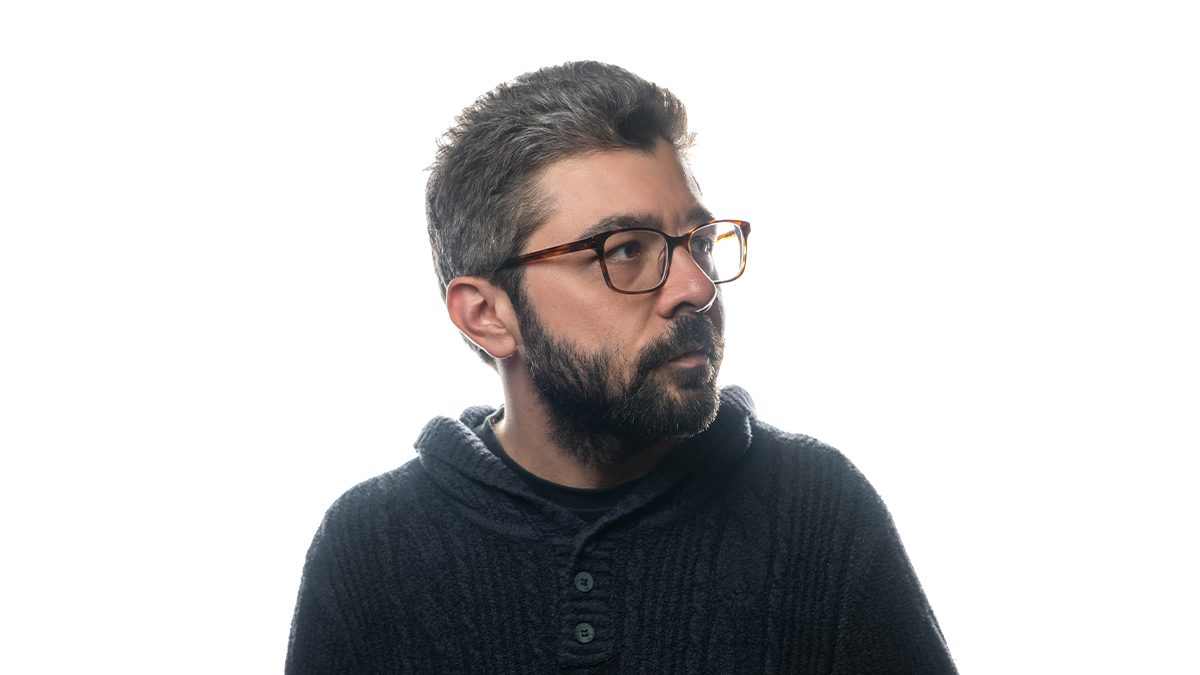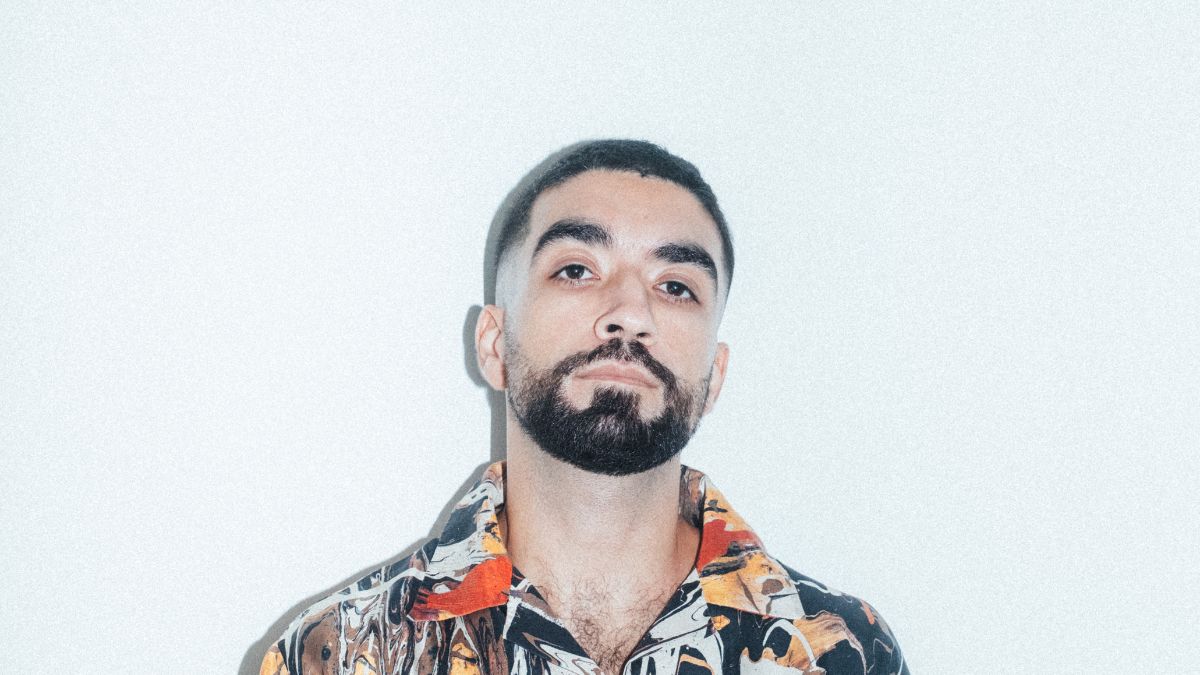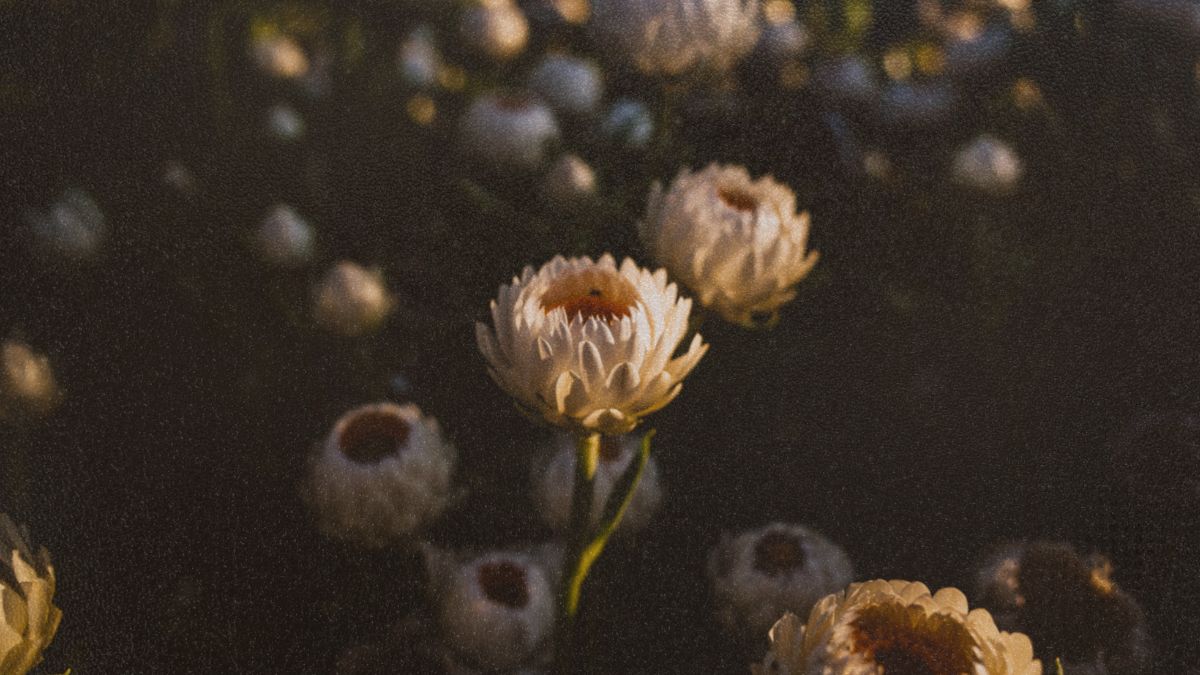Seattle producer Wicked Gloves makes electronic dance music without genre limits, infusing a polyrhythmic and harmonic sense that borrows from jazz, rock, blues, and more. He thinks pop music is a way for people to connect around common experiences, feelings, and ideas. He tries to make music with popular appeal that is a bit different and more experimental than most songs you might hear on the radio or in a club. Self-titled debut LP “WICKED GLOVES” is set to debut on Spotify worldwide June 27th, 2025.
Connect with Wicked Gloves on Instagram / Soundcloud
Your new single is called “Must Be Magic” — what kind of magic were you aiming to capture in this track? Was there a specific image or feeling that sparked it?
“Must Be Magic” is a chill deep house track with a sweet little organ riff that repeats throughout. It mixes many genres. It has a funky bass line inspired by jazz fusion. There are heavily delayed piano chords with an old-school dub feel. There’s a bit of a trip hop, chillout, or downtempo vibe, but it’s set to a higher tempo at 120 BPM. Coming up with the main organ riff felt like a lucky accident, because I was just playing around in the FL Studio piano roll, without the final melody in mind yet. So, it feels like there was some kind of “magical” external force providing the inspiration. Behavior Recordings did a great job mastering this track.
You produce entirely in the box, using a powerful digital setup with synths like Falcon, Serum, and Harmor. What do you think is the biggest advantage of creating music this way?
The biggest advantage of producing music using digital software synths is the flexibility and ease of use that it gives me. I can quickly get the sound that I want, and if I change my mind, I can edit things easily too. I love to experiment with many different genres. I don’t have a lot of music production experience or equipment yet, so I’m still finding my own unique voice, style, and setup. Hopefully over time, I can branch out beyond software synthesis, as I continue to discover who I am as an artist. But for now, it’s the perfect tool, because it helps me to explore and learn.
You founded Witch Hunt Records. What inspired you to start your own label, and what kind of vision or sound do you want it to represent?
Starting my own record label seems like a fun opportunity to be more involved with music every day, and to distribute my music to a wider audience, including on Beatport. So far, I’m the only artist on my label, and I have a few tracks with featured vocalists. I would like to build enough infrastructure to support releases for more artists one day. I want listeners of Witch Hunt Records to get to know us for melodic EDM songs with a deep, dark, progressive edge, that work equally well on a club stereo system, a car radio, headphones, or anywhere.
You’re not a DJ but you say you love DJs — what kind of connection are you looking for with the DJs who play your music? Any dream DJ you’d love to collaborate with or get support from?
I hope the DJs who play my music just enjoy vibing to my tracks and want to share that positive energy with their audiences. I’d like to work with DJs who share my interest in a wide variety of EDM genres, especially deep house, progressive house, trance, hard techno, and melodic techno, and blending those genres together while focusing mostly on songwriting and melodies. I’m at my strongest when I focus on the fundamentals: a good melody, a good feeling, and simple, solid technical execution in the mixing, and this can come in the form of many different genres. One DJ that I encourage everyone to check out now is Excess Aria. If you enjoy great selections of melodic techno and progressive house vibes, then you will really like her series of one-hour mixes, “Uplifting Minds” on SoundCloud.
Your listening palette is incredibly broad, from prog metal to jazz. How do those influences show up in your creative process, especially when producing electronic music?
Yeah, I enjoy listening to many kinds of music. I think jazz has influenced me the most of any genre outside EDM, especially jazz fusion. A lot of jazz songs have repetitive melodic hooks, strong bass lines, and syncopated rhythms. There are complex relationships between the different voices, with altered chords and modal harmonies. When I compose and produce an EDM track, even though I’m not working with a real ensemble of musicians, I am still thinking in terms of arranging all the individual parts so that they fit and flow together well. I usually start with either a melody or a bassline and then build the harmonies around that, and I finish the drum parts last.
You work with vocals using Synth V Pro — what draws you to the space between synthetic and human voices? How do you choose which vocal character or tone fits a track?
Maybe half of the releases I’ve done so far involve some kind of synthetic vocals, but I’m using it less in my current work. When I use Synthesizer V Studio Pro, I’m crafting the pitch and timing of each note by hand, and I’m shaping many settings manually, but the software is doing all the heavy lifting for making things sound “natural”, so to speak. When I decide to use synth vocals, I try to select settings that blend seamlessly and don’t take away from the instrumental track. I use synth vocals because my singing skills are limited, and I don’t know many other vocalists. It also gives me a way to demonstrate my production skills, as I seek to collaborate more. I really enjoy collaborating with vocalists, such as on Moonlit, my new EP available now on Beatport, featuring the incredible vocals of Odarka. I’m also currently producing a new song, featuring the amazing vocals of Excess Aria, coming out soon. I feel very lucky and proud to work with talented vocalists from around the world to produce great electronic music.
Seattle has a reputation for alternative and underground music. Do you feel connected to the local scene, and how does the city shape your sound as an electronic producer?
I am not connected to the local Seattle music scene right now. I was born in Seattle and lived there for decades, and now I live in Tacoma which is about 60 km south of Downtown Seattle. Back in 2012 I played two shows there, but I have not performed live music since then. I really miss being in Seattle and playing music. This year, I’ve started to pick up my dream where I left off over a decade ago. So, my Seattle-related nostalgia is definitely shaping me as I develop my sound. I also grew up idolizing the music of Nirvana and Pearl Jam. Those bands have very strong songwriting and a classic sound, and I aspire for my music to have those qualities too.
Thank you!




